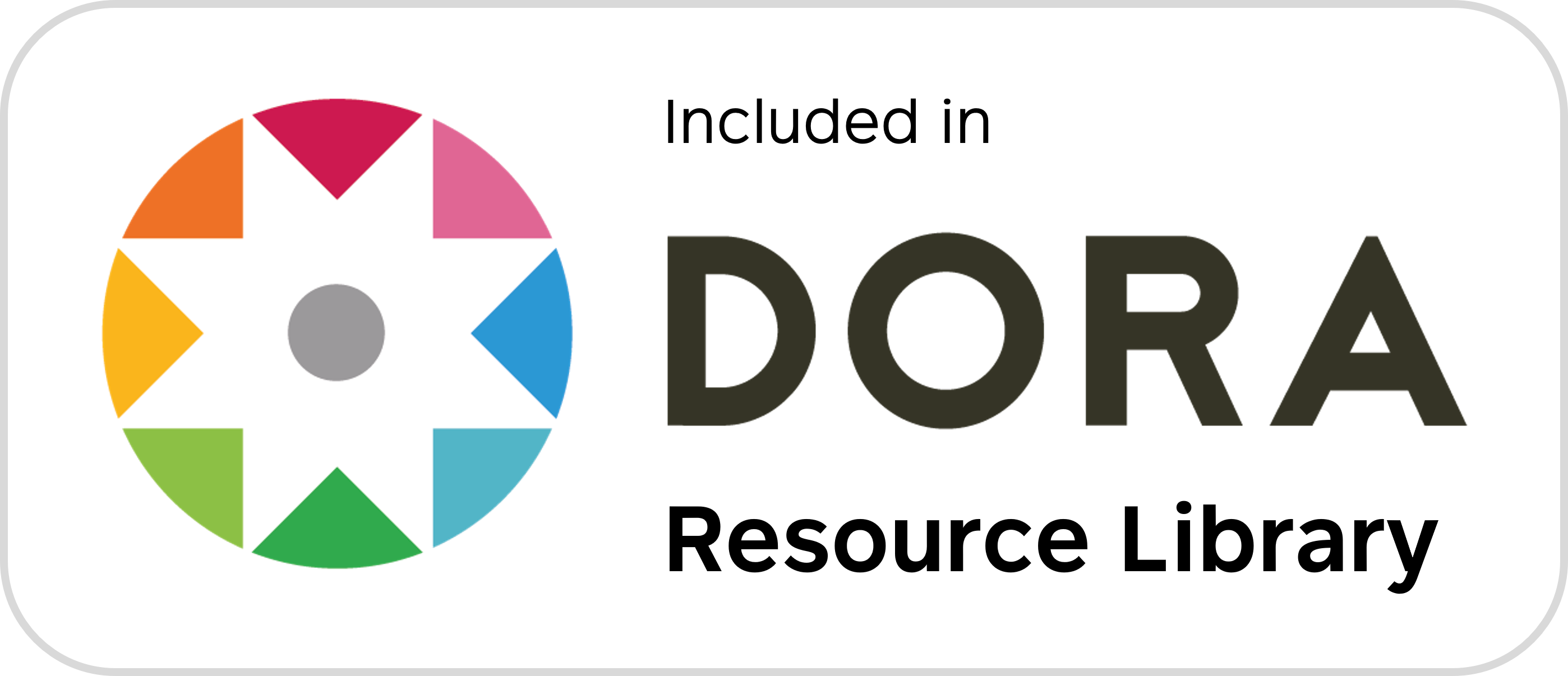Publication Ethics
Publication Ethics
Advances in Public Law and Crime (PLICE) upholds the highest ethical standards in publishing. Our commitment to ethical practices is essential to maintaining the integrity of the research process and ensuring the trust of our authors, reviewers, and readers. This section outlines our ethical guidelines and responsibilities for all stakeholders involved in the publication process.
1. Responsibilities of Authors
- Originality and Plagiarism: Authors must ensure that their work is original and does not plagiarize the work of others. Proper citations and references must be provided for any content that is not original.
- Data Fabrication and Falsification: Authors must not engage in data fabrication or falsification. All research findings should be reported accurately and transparently.
- Multiple Submissions: Authors should not submit the same manuscript to multiple journals simultaneously. Manuscripts must be submitted exclusively to PLICE until a decision is made.
- Authorship: All individuals who have made significant contributions to the conception, design, execution, or interpretation of the research should be listed as authors. Those who have made lesser contributions should be acknowledged appropriately.
- Disclosure of Conflicts of Interest: Authors must disclose any financial, personal, or professional conflicts of interest that may have influenced the research or manuscript.
2. Responsibilities of Reviewers
- Confidentiality: Reviewers must treat all manuscripts as confidential documents. They should not disclose or discuss the manuscript's content with anyone outside the review process.
- Impartiality: Reviewers should provide an unbiased assessment of the manuscript, focusing solely on its quality and relevance to the journal's scope. Personal biases must be avoided.
- Expertise: Reviewers should only agree to review manuscripts in their area of expertise. If a reviewer feels unqualified to review the manuscript, they should decline the invitation.
- Timeliness: Reviewers are expected to complete their reviews within the stipulated time frame to facilitate the timely publication of research.
3. Responsibilities of Editors
- Editorial Independence: Editors are responsible for making publication decisions based on the quality of the research and its relevance to the journal’s scope, without any influence from external parties.
- Fairness and Transparency: The editorial process should be fair and transparent. Editors must ensure that all submitted manuscripts receive a fair and unbiased review.
- Handling Conflicts of Interest: Editors must disclose any conflicts of interest that may influence their editorial decisions and recuse themselves from editorial responsibilities when necessary.
- Ensuring Ethical Compliance: Editors must ensure that all published research complies with ethical standards and relevant guidelines, including those related to research involving human and animal subjects.
4. Handling Misconduct
- Investigation of Allegations: PLICE takes allegations of research misconduct, including plagiarism, data manipulation, and unethical practices, seriously. Any suspected misconduct will be thoroughly investigated.
- Retraction and Correction Policies: If research misconduct is confirmed, appropriate actions will be taken, including retraction of the published article or correction of the record. The journal will adhere to the guidelines set forth by the Committee on Publication Ethics (COPE) regarding retractions and corrections.
5. Commitment to Ethical Publishing
PLICE is dedicated to promoting ethical publishing practices and is guided by the principles established by organizations such as the Committee on Publication Ethics (COPE). The journal aims to foster a culture of integrity, transparency, and accountability in all aspects of the publication process.























